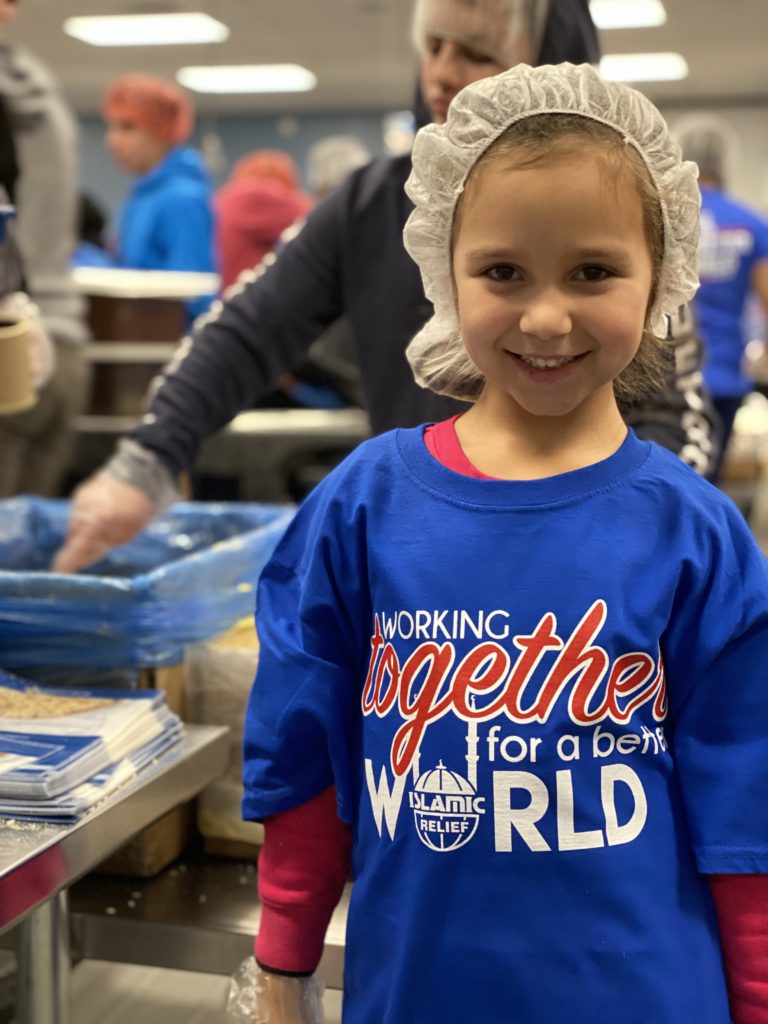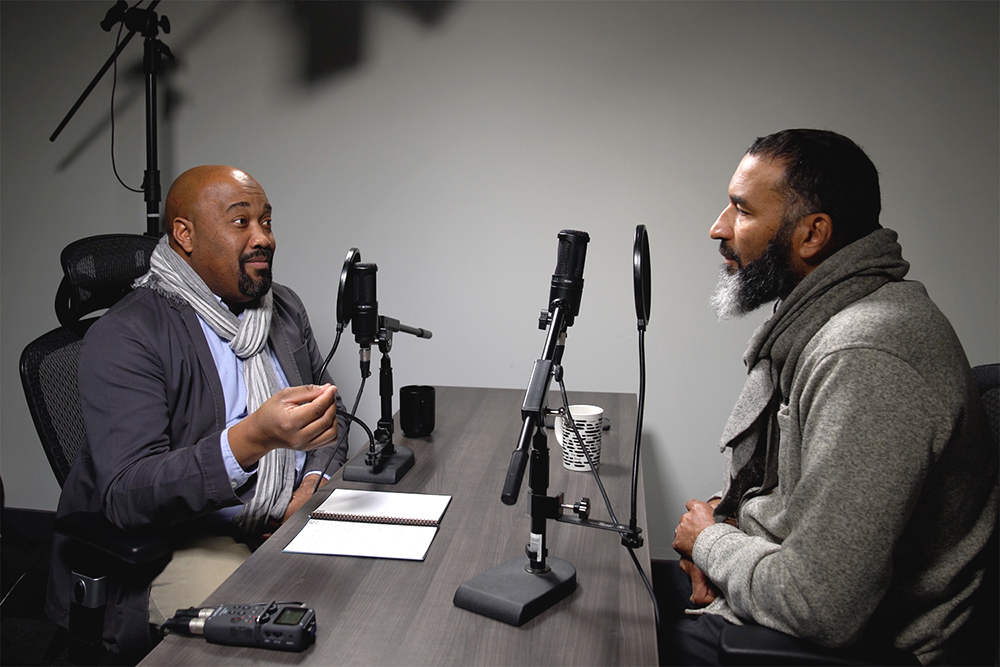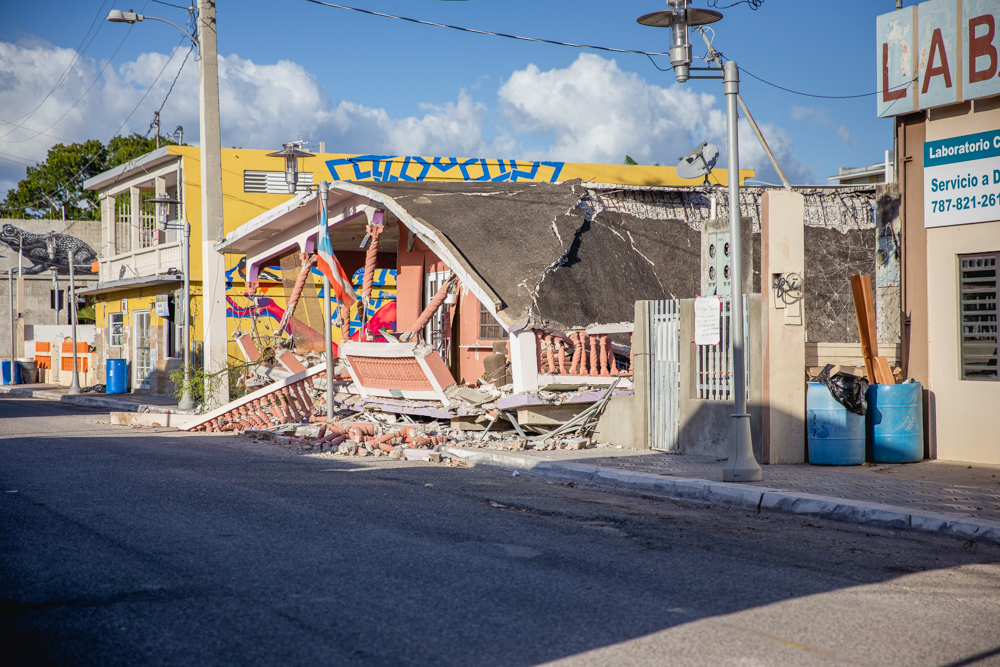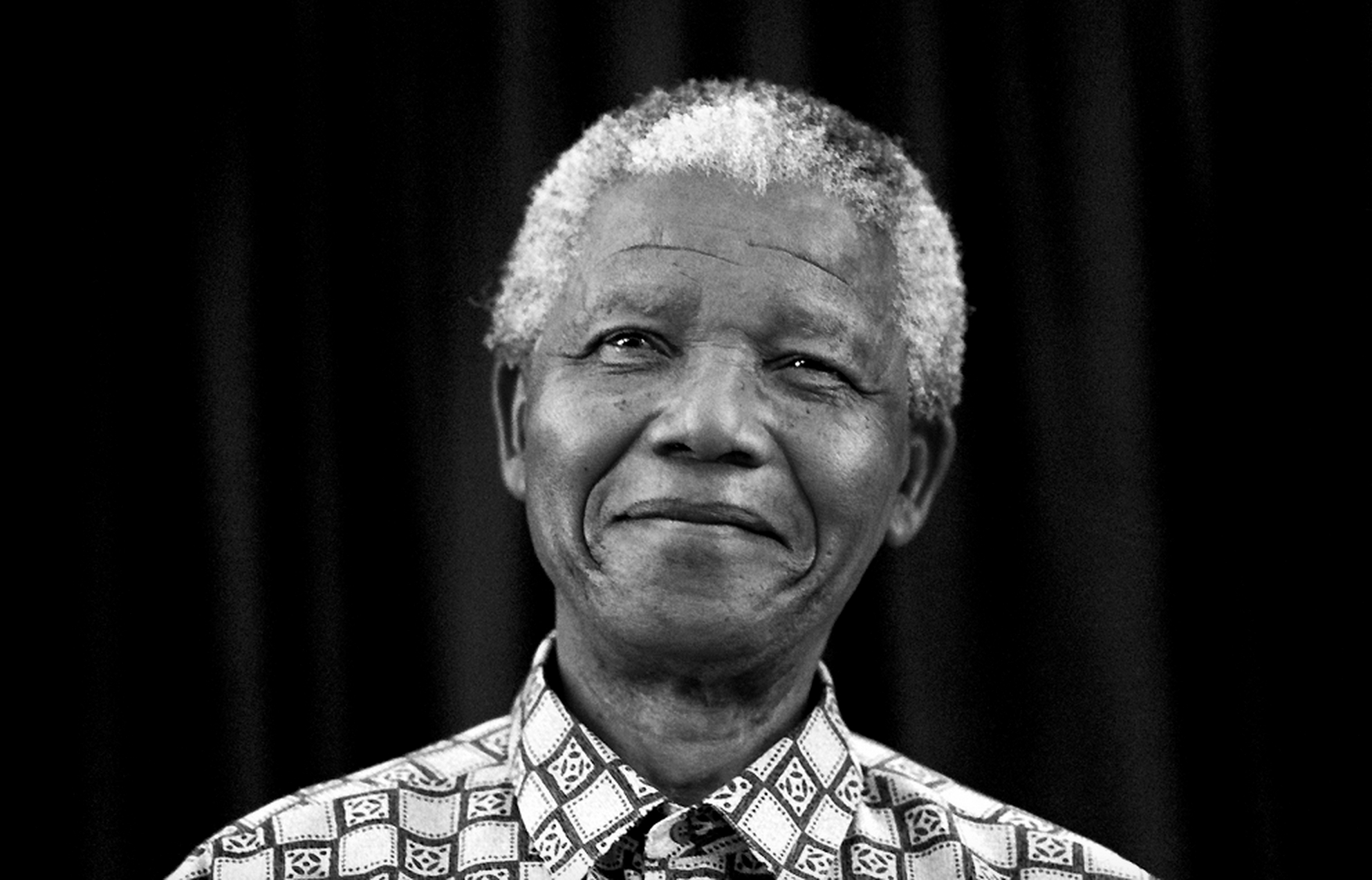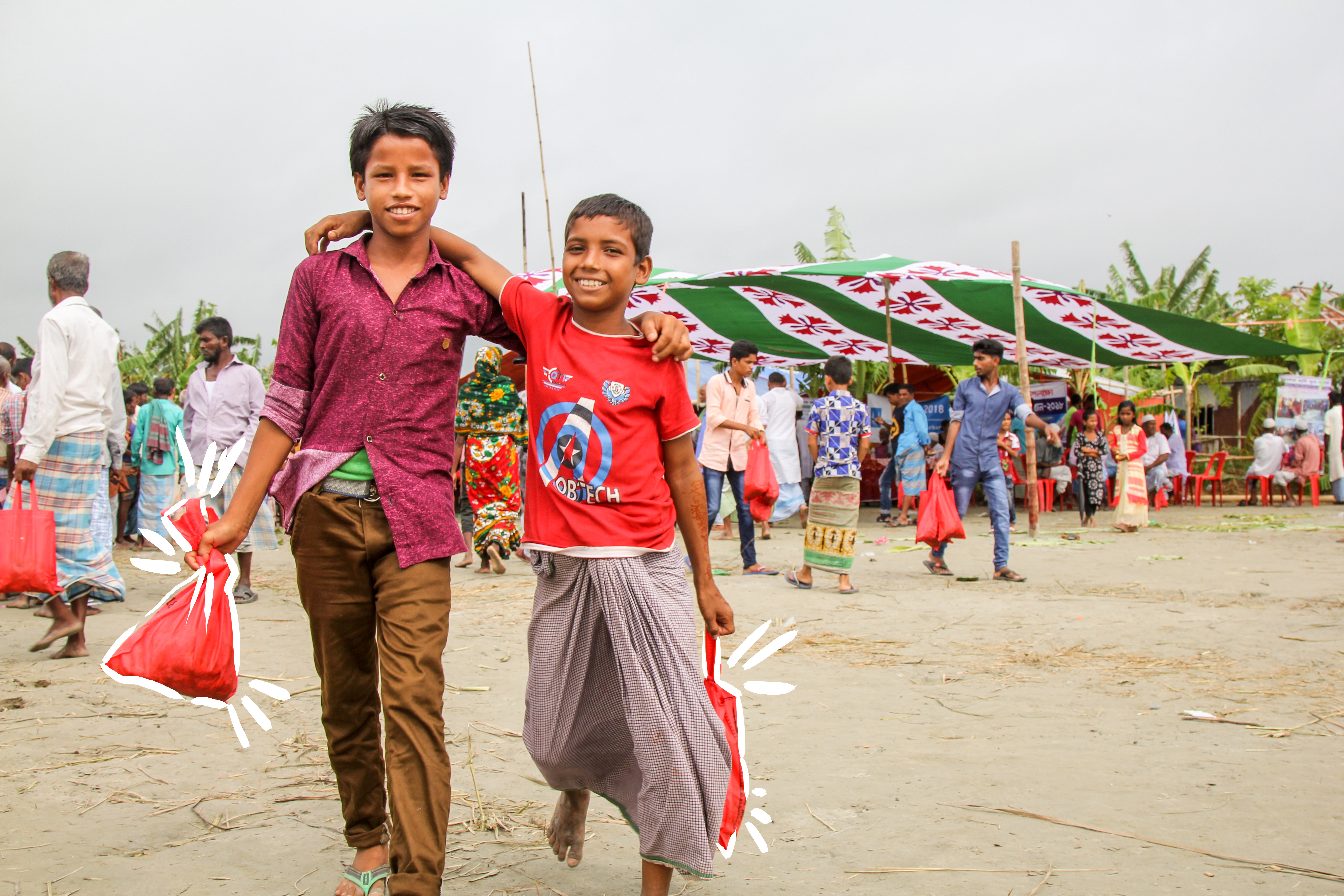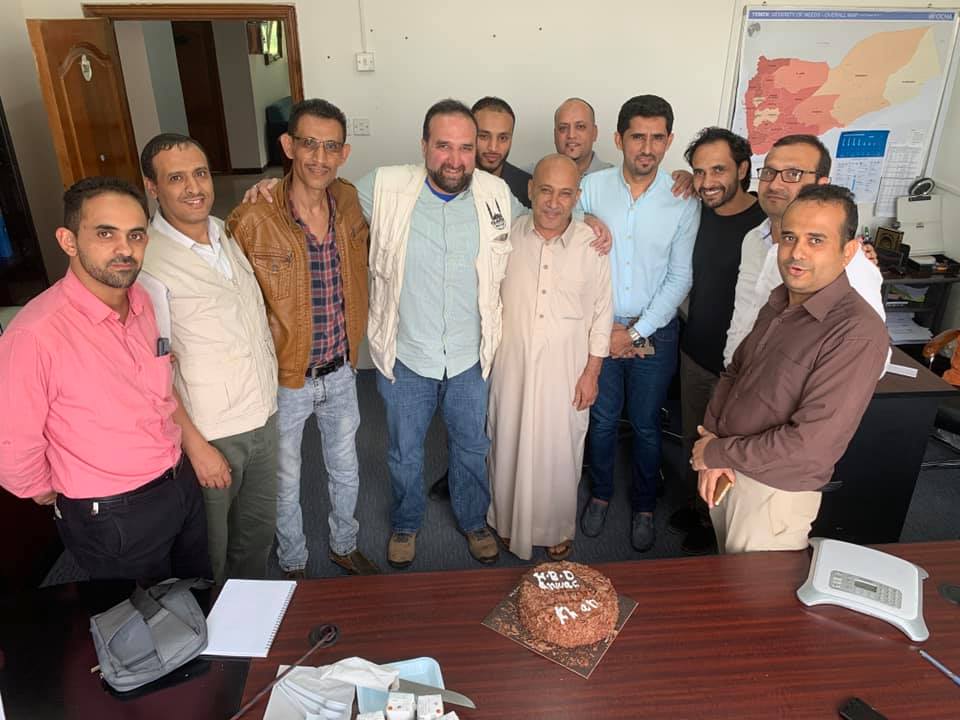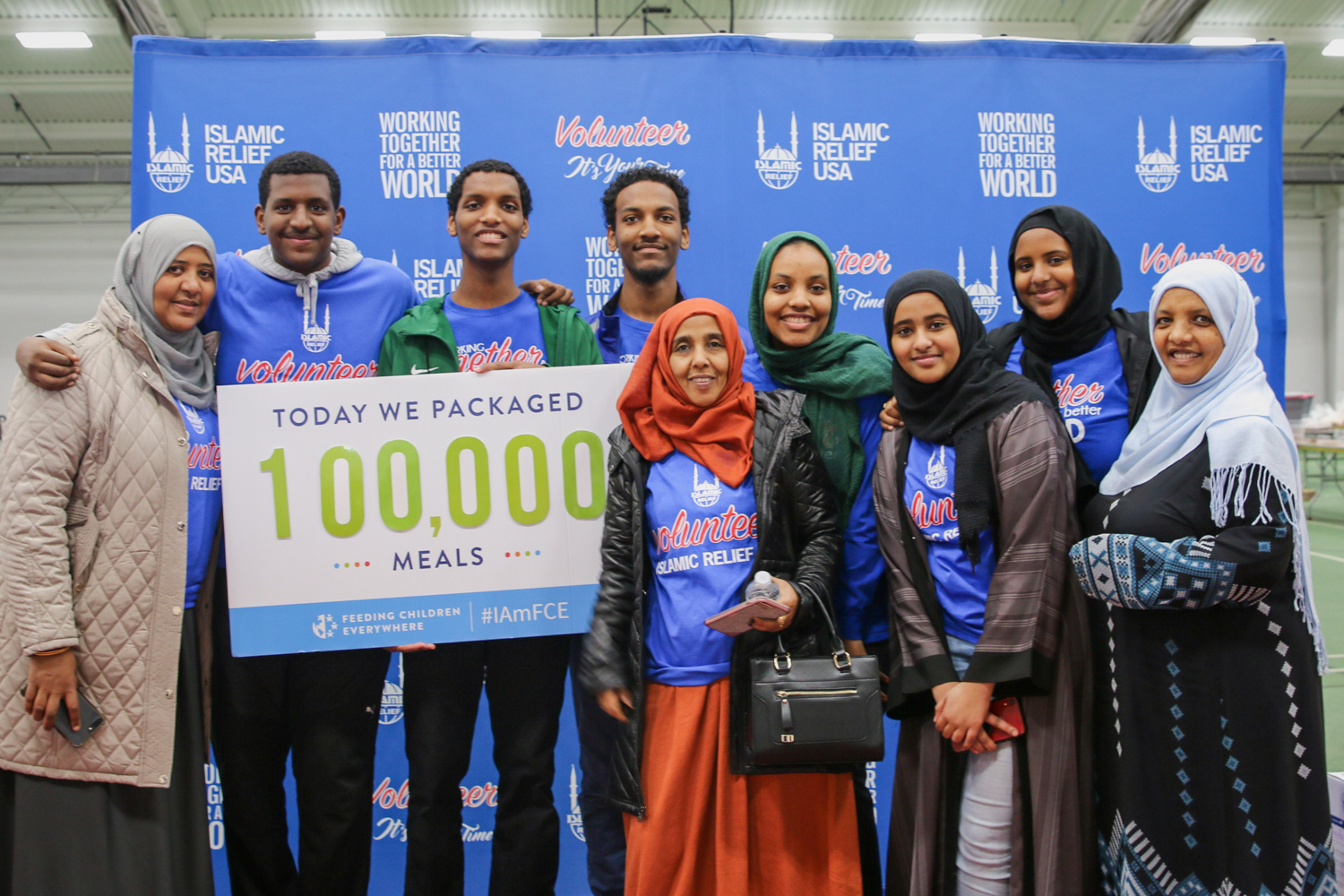
IRUSA Serves and Celebrates MLK Day 2020
The legacy and humanitarian spirit of Dr. Martin Luther King shines through in another day of service
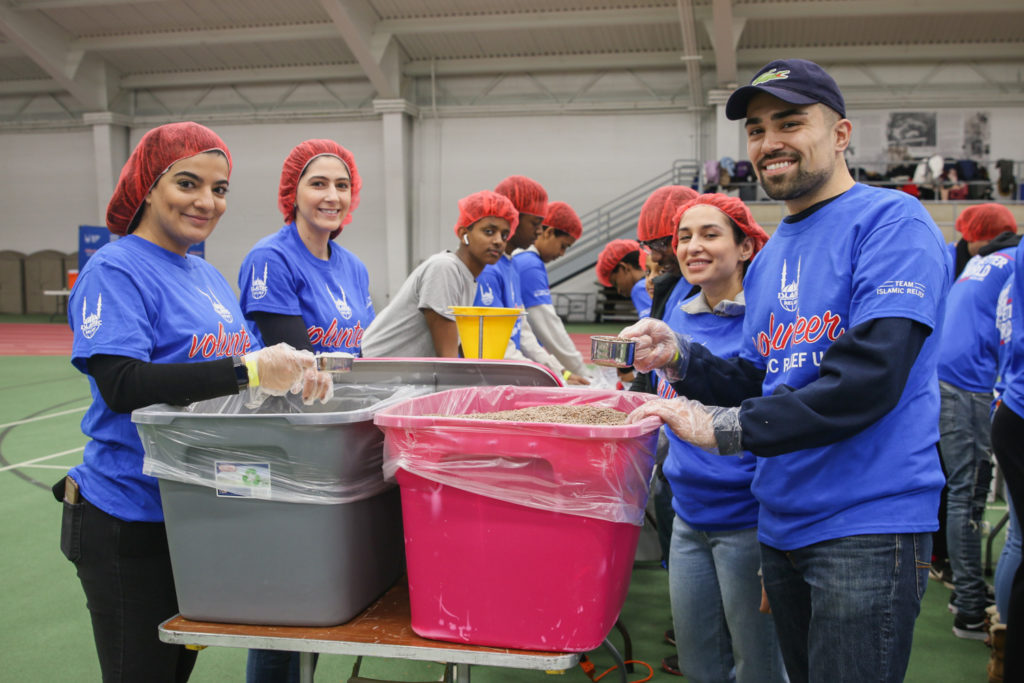
On a blustery, sunny Sunday, the day before the annual holiday celebrating the legacy of the Rev. Dr. Martin Luther King, some 400 people packed the fieldhouse at the Episcopal High School in Alexandria.
It was not for an indoor soccer match or field hockey. Rather, it was to volunteer for a supersized meal-pack event organized by Islamic Relief USA’s Volunteer Services Department.
The next day, on MLK Day, dozens of volunteers gathered at mosques in Steelton, Pennsylvania and Long Island, N.Y. to pack 25,000 meals at each location. And, IRUSA employees spent the morning and early afternoon doing the same at the D.C. headquarters (actual location is Alexandria, Va.).
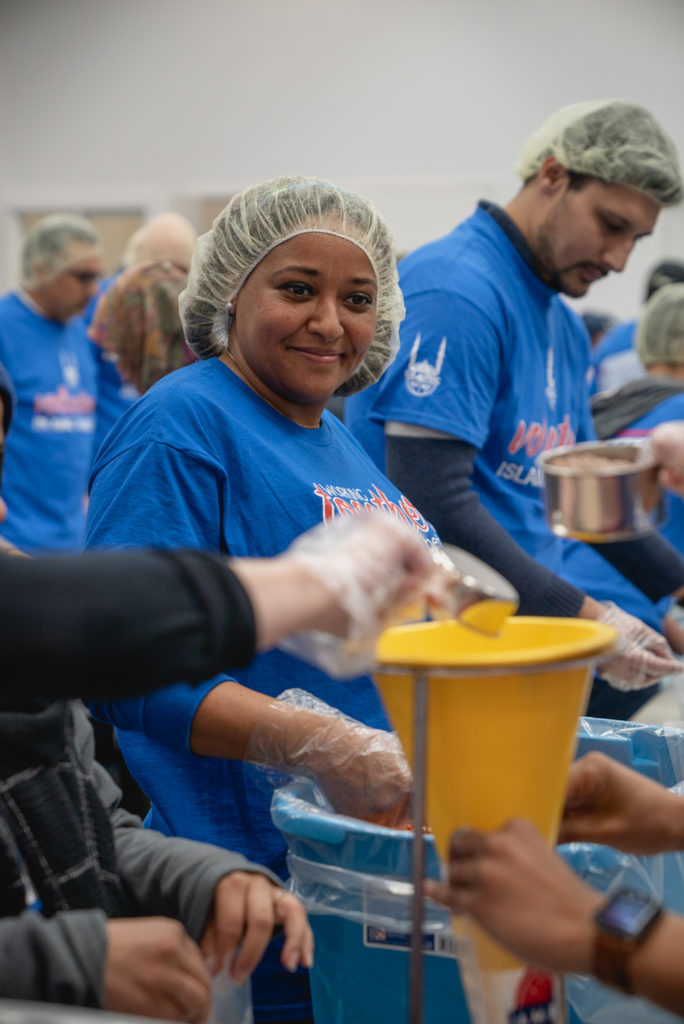
Between these four events, an important goal was met; preparing and distributing food to people in need.
Sunday’s event, where some 100,000 packages of jambalaya were prepared, was quite a sight, given all the “blue shirts” who took time out during their weekend to fill the cavernous building and perform a good deed. Said Durrah, manager of IRUSA’s volunteers department, was effusive with praise for the school for providing the time and space for the event.
Dr. King left a profound legacy. One of his most famous speeches touched upon the concept of serving.
“Everybody can be great . . . because anybody can serve,” King said. “You don’t have to have a college degree to serve. You don’t have to make your subject and verb agree to serve. You only need a heart full of grace. A soul generated by love.”
Any casual observer at the fieldhouse could say the people packing the meals were driven by love and grace. There were friends, families, colleagues, college students, senior citizens, grade-schoolers, etc. Teamwork enabled them to pack thousands of meals in what seemed like record time.
While the actual allotted time for the event was four hours, the volunteers were able to pack the targeted number of meals in less than half that time. That doesn’t happen by accident.
At some 30 long white tables, a division of labor was intact. The process starts with a person inserting a bag under a large funnel. Then, others scoop lentils and seasonings and pour them down the funnel into a plastic bag.
Of course, no meal can be tasty without a pinch of Himalayan salt. That was then poured in.
Once the bag has all the ingredients, it gets passed down to another volunteer who weighs to make sure there’s a precise amount of food. After that, it’s ready to be sealed and packed into a box.
Each box contains 48 packets. In a matter of time, there were enough boxes to stack several pallets.
Meal packs remain a popular staple of IRUSA. In prior years, the organization partnered with Rise Against Hunger in dozens of locations around the country. The meals were sent to various African nations to provide nutritious lunches to school.
This time, the meals are planned to be distributed to various shelters and soup kitchens.
It’s a sign that hunger is a universal problem. And a reminder that while progress has been made, Dr. King’s message of fairness and quest for looking out for the less fortunate continues.
